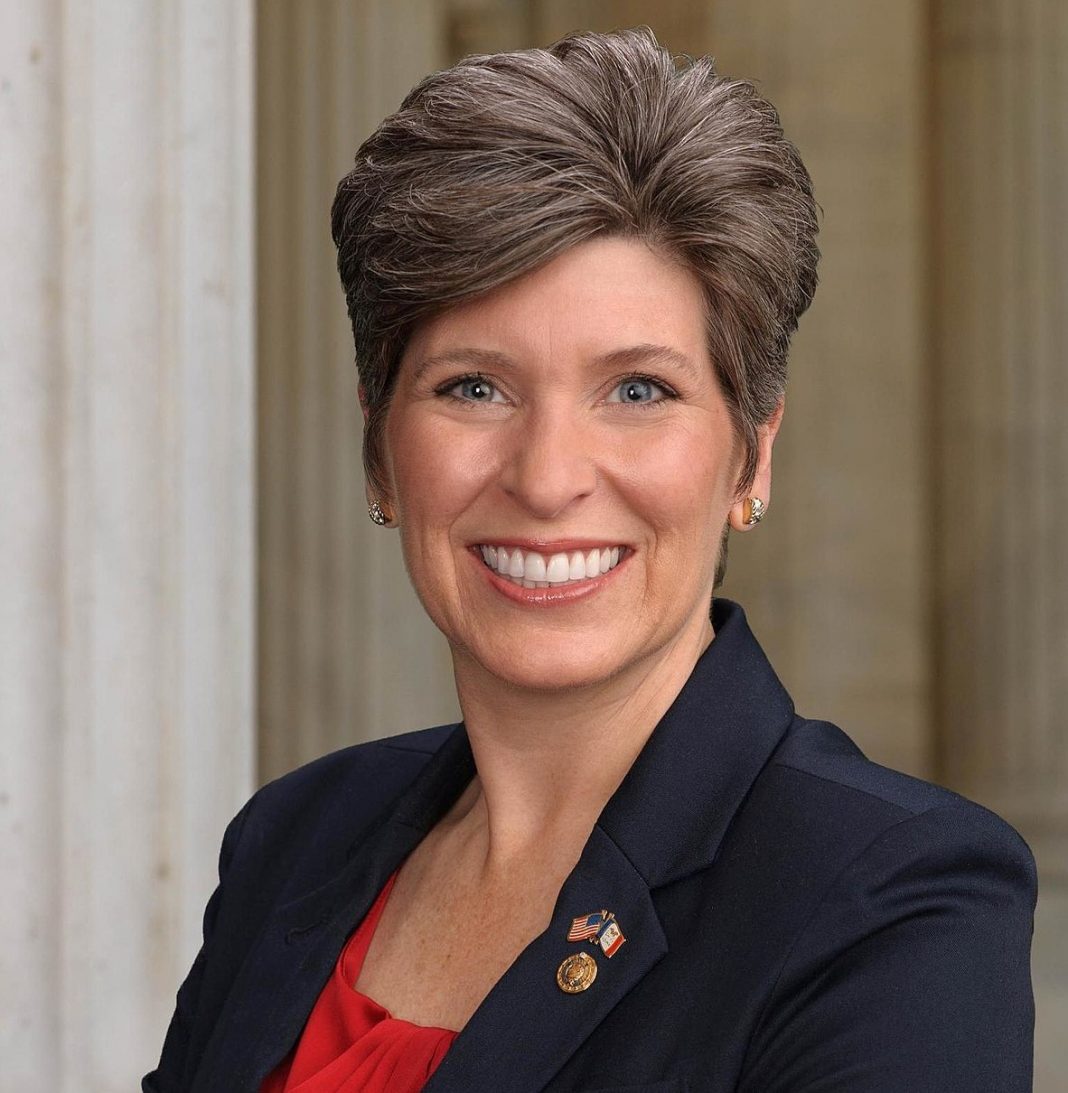After hearing from a number of Iowans at her 99 County Tour stops and town hall meetings who receive surprise medical bills in the mail, U.S. Senator Joni Ernst (R-IA) is joining bipartisan legislation to protect patients from exorbitant, unexpected medical costs.
“Throughout my 99 County Tour, I consistently hear from Iowans about the rising costs of healthcare, including many who receive unexpected bills weeks or even months after a visit to their doctor or hospital,” said Senator Joni Ernst. “Hard-working folks in Iowa, and across the country, should be able to focus on getting the care they need, instead of negotiating surprise medical bills. This bipartisan legislation will increase transparency and protect patients from unexpected burdensome medical expenses.”
“Patients should be the reason for the care, not an excuse for the bill,” said Senator Bill Cassidy (R-LA), a medical doctor and the lead Republican sponsor of the bill. “It’s exciting to see more of our Senate colleagues joining our effort to put patients first and end surprise medical billing.”
“The last thing a patient should have to worry about is being blindsided by unanticipated, and potentially financially devastating, medical bills. People deserve to know how much they are paying for health care services and procedures at the point of care,” Senator Michael Bennet (D-CO), the lead Democratic sponsor of the bill, said. “Our bill would help protect patients from surprise medical bills, increase transparency and alleviate the financial burdens imposed on consumers as a result of these bills. I urge my colleagues to prioritize this bipartisan legislation to give much needed relief and predictability to Americans throughout the country.”
The STOP Surprise Medical Bills Act, introduced by Senators Cassidy and Bennet, addresses three scenarios in which surprise medical billing (also known as “balance billing”) would be prohibited:
- Emergency services: The bill would ensure that a patient is only required to pay the in-network cost-sharing amount required by their health plan for emergency services, regardless of them being treated at an out-of-network facility or by an out-of-network provider.
- Non-Emergency services following an emergency service at an out-of-network facility: This bill would protect patients who require additional health care services after receiving emergency care at an out-of-network facility, but cannot be moved without medical transport from the out-of-network facility.
- Non-Emergency services performed by an out-of-network provider at an in-network facility: The bill would ensure that patients owe no more than their in-network cost sharing in the case of a non-emergency service that is provided by an out-of-network provider at an in-network facility. Further, patients could not receive a surprise medical bill for services that are ordered by an in-network provider at a provider’s office, but are provided by an out-of-network provider, such as out-of-network laboratory or imaging services.
Background:
Under this bipartisan legislation, providers would automatically be paid the difference between the patient’s in-network cost-sharing amount and the median in-network rate for these services, but providers and plans would have the opportunity to appeal this payment amount through an independent dispute resolution process, should they see fit. This “baseball-style” process would entail the plan and provider submitting offers to an independent dispute resolution entity that has been certified by the Secretaries of HHS and the Department of Labor. This entity would make a final decision based upon commercially-reasonable rates for that geographic area as well as other economic factors specific to the specialty and region.
The patient is completely removed from this process between the provider and the plan, and regardless of any outcome from a dispute resolution process, the patient still only owes the in-network rate. States that have established an alternate mechanism for protecting patients and determining payment amounts for providers would be able to continue with those systems.
The STOP Surprise Medical Bills Act has 18 other Democratic and Republican cosponsors, including Senators Todd Young (R-IN), Maggie Hassan (D-NH), Lisa Murkowski (R-AK), Tom Carper (D-DE), Dan Sullivan (R-AK), Sherrod Brown (D-OH), Kevin Cramer (R-ND), Ben Cardin (D-MD), John Kennedy (R-LA), Bob Casey (D-PA), Sheldon Whitehouse (D-RI), Mike Braun (R-IN), Bob Menendez (D-NJ), Lindsey Graham (R-SC), Jacky Rosen (D-NV), Cindy Hyde-Smith (R-MS), Tina Smith (D-MN), and Rob Portman (R-OH).
















